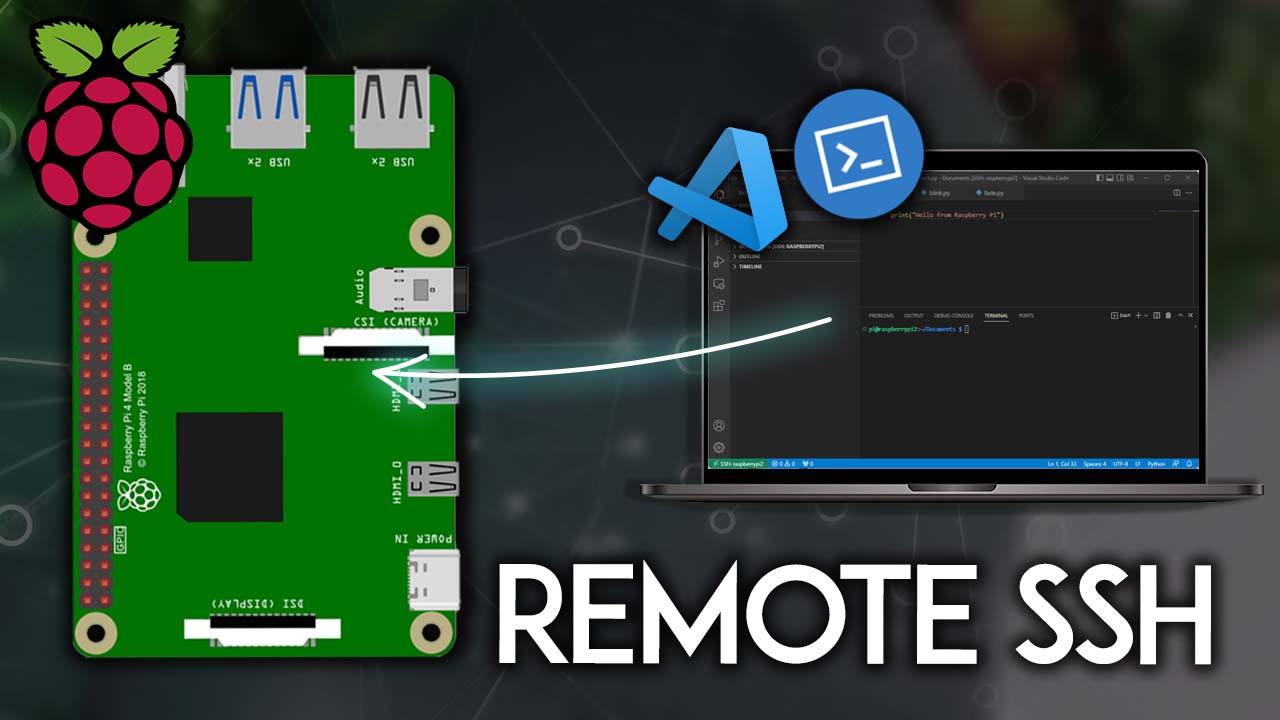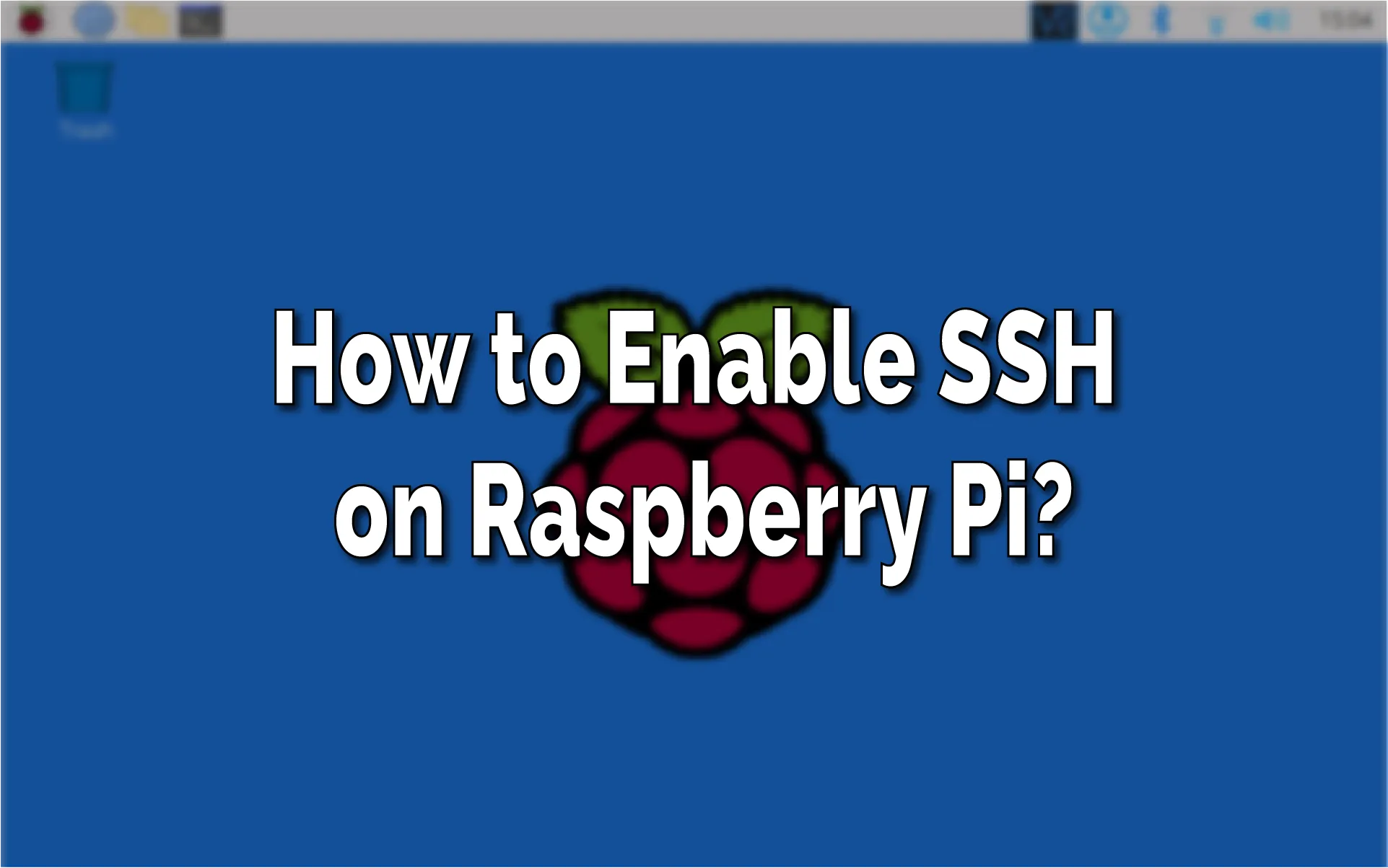Best FREE Remote IoT Platform For Raspberry Pi: Get Started Now!
Are you ready to unlock the full potential of your Raspberry Pi projects from anywhere in the world, without spending a fortune? This article will illuminate the path to securing your Raspberry Pi with free, powerful remote IoT platforms, turning complex challenges into accessible solutions for everyone, regardless of their experience level.
In today's rapidly evolving technological landscape, the ability to remotely manage and control your Raspberry Pi devices is no longer a luxury but a necessity. Whether you're a seasoned developer, a passionate hobbyist, or a professional seeking efficient solutions, the capability to access your devices remotely can significantly enhance your operations. The challenge, however, often lies in finding the right tools that balance functionality, security, and, most importantly, cost-effectiveness. This article delves into the realm of free remote IoT platforms, specifically tailored for Raspberry Pi, offering a comprehensive guide to understanding, selecting, and implementing these solutions to achieve seamless device management.
Before we delve into specific platforms, it's essential to understand why remote access is so crucial. Managing Raspberry Pi devices remotely allows for several key benefits. Firstly, it grants you the flexibility to monitor and control your devices from anywhere with an internet connection. This is incredibly useful for projects that require constant monitoring, data collection, or real-time adjustments. Secondly, remote access streamlines troubleshooting and maintenance. Instead of physically accessing your device, you can diagnose and resolve issues remotely, saving time and effort. Finally, remote access enhances collaboration. By allowing others to access your devices, you can facilitate teamwork and share your projects with the world. The journey starts with understanding that you can achieve these without breaking the bank.
However, the options can seem daunting. Finding the best remote IoT platform free for Raspberry Pi requires a careful evaluation. Platforms such as Adafruit IO, Cayenne, Blynk, ThingsBoard, and Eclipse IoT offer a variety of features and functionalities that cater to diverse project requirements. But how do you choose the best one? What factors should you consider? And how can you ensure that your connection is not only effective but also secure?
This article will explore these questions and more. We will cover everything from the initial setup and configuration of a remote IoT platform with SSH access to the tools, techniques, and best practices. Furthermore, we will discuss the key benefits of using free SSH keys, and how they provide a secure means of communication without incurring extra costs to your project. Our exploration will guide you through setting up remote access through firewalls and NAT routers, ensuring you can directly connect to your Raspberry Pi from anywhere, even if it is behind a firewall or NAT router.
The aim is to provide you with all the information you need to get great remote Raspberry Pi desktop access from anywhere via SSH or VNC over the internet, and subsequently use a VNC client to control that tiny yet powerful computer. This is particularly advantageous for projects that require graphical interface interaction, offering the flexibility to manipulate your device's desktop environment without physical access. In short, this article is your definitive guide to unlocking the full potential of your Raspberry Pi, from the comfort of your own home, or anywhere in the world.
So, let's dive into the world of remote IoT platforms for Raspberry Pi and discover how to take control of your devices today.
| Category | Details |
|---|---|
| Topic | Best Free Remote IoT Platforms for Raspberry Pi |
| Core Function | Enabling remote access and control of Raspberry Pi devices through various free IoT platforms. |
| Key Features Covered |
|
| Target Audience | Hobbyists, Developers, Professionals |
| Objective | To provide a comprehensive guide on how to choose and implement free remote IoT platforms, maximizing efficiency, security, and scalability for Raspberry Pi projects. |
| Reference Website | Raspberry Pi Official Website |
When considering remote IoT platforms for your Raspberry Pi, several key factors should guide your decision-making process. First and foremost is security. Any platform you choose should offer robust security measures to protect your device and your data. This includes support for SSH key authentication, which ensures secure communication without the added cost of complex security protocols. Secondly, consider the ease of use. The platform should be straightforward to set up and manage, with an intuitive interface that allows you to quickly access your Raspberry Pi and perform the necessary tasks. Thirdly, explore the range of features offered by the platform. Does it provide the capabilities you need, such as remote desktop access, the ability to send commands, and real-time data monitoring? Lastly, compatibility is vital. Ensure the platform is compatible with your Raspberry Pi model and any other hardware you're using.
Let's explore some of the top platforms that provide robust functionality without a hefty price tag. These platforms empower users to control and monitor their Raspberry Pi devices remotely, ensuring IoT projects are both efficient and secure.
1. Adafruit IO: Adafruit IO is an excellent choice for projects that require data visualization and interaction. It's easy to use and offers a range of features, including dashboards, feeds, and triggers, making it ideal for monitoring sensors and controlling devices. The platforms user-friendly interface makes it a solid option for beginners.
2. Cayenne: Cayenne is another user-friendly platform, particularly suited for those new to IoT. It offers a drag-and-drop interface that simplifies the creation of dashboards and device control panels. With its extensive device library, connecting your Raspberry Pi and other hardware is a breeze.
3. Blynk: Blynk is known for its versatility and ease of use. This platform offers a wide range of widgets that can be customized to create interactive dashboards for your IoT projects. With Blynk, you can easily control your Raspberry Pi from your smartphone or any web-enabled device.
4. ThingsBoard: ThingsBoard is an open-source IoT platform that provides powerful features for data collection, processing, visualization, and device management. It's ideal for projects that require advanced functionalities, such as complex data analytics and custom dashboards.
5. Eclipse IoT: Eclipse IoT is a community-driven project that provides a range of open-source tools and frameworks for IoT development. It includes various projects suitable for building robust IoT applications. While this might require a steeper learning curve compared to others, the flexibility and control are worth the effort for advanced users.
The underlying technology that makes many of these platforms work efficiently is MQTT (Message Queuing Telemetry Transport). MQTT is a lightweight messaging protocol designed for IoT applications. It facilitates the communication between devices, and platforms. MQTT's publish-subscribe model enables devices to send and receive data efficiently, even over unreliable networks. This makes it an ideal choice for IoT projects that involve data collection, device control, and remote monitoring. MQTT's lightweight nature reduces bandwidth consumption and ensures reliable communication, making it a fundamental building block in numerous IoT applications.
These platforms provide varying levels of support for SSH key authentication and remote desktop access via VNC, a crucial consideration when setting up a secure remote connection. Using SSH keys is one of the best practices in setting up secure communication without adding extra costs to your project. SSH keys provide a more secure and convenient way to authenticate users than traditional passwords. The benefits of SSH keys are many. They provide a more secure method of authentication, as they are resistant to brute-force attacks. They eliminate the need to remember complex passwords, streamlining access to your Raspberry Pi. Furthermore, SSH keys ensure that your communication is encrypted, protecting your data from eavesdropping and ensuring the privacy of your operations.
Setting up SSH key authentication on your Raspberry Pi is a straightforward process. First, you need to generate an SSH key pair on your local machine. This involves creating a public and a private key. The public key is then copied to your Raspberry Pi, while the private key is kept securely on your local machine. Once configured, you can authenticate with your Raspberry Pi using your private key, eliminating the need for a password. This not only enhances security but also simplifies the login process.
Beyond security, another crucial aspect of remote access is the ability to overcome network restrictions, such as firewalls or NAT routers. The best free remote IoT platforms often provide mechanisms to directly connect to your Raspberry Pi from anywhere, regardless of your network configuration. This is often achieved through techniques such as reverse SSH tunnels or cloud-based relay services. This ensures that you can access your device, send commands, and receive data without needing to change any firewall settings, making it ideal for both technical experts and beginners.
The power to send commands and batch jobs to your Raspberry Pi from a web portal can significantly enhance the efficiency of your operations. This feature allows you to execute commands, run scripts, and manage your device from a central interface. This is particularly useful for tasks such as software updates, system diagnostics, and automated data processing, all without having to physically access your device or change firewall settings.
Furthermore, remote access opens up opportunities for troubleshooting and maintenance, allowing you to quickly diagnose and resolve issues, reducing downtime, and maintaining the performance of your devices. Managing your Raspberry Pi devices remotely is essential for seamless operations, whether you're a hobbyist, a developer, or a professional. In essence, these platforms democratize IoT, making it accessible to anyone who has an internet connection and a Raspberry Pi.
In conclusion, the world of remote IoT platforms for Raspberry Pi offers a diverse array of options, each with its unique strengths and features. From user-friendly interfaces designed for beginners to advanced open-source platforms for experienced users, there is a solution for every need. By leveraging free SSH keys, you can ensure that your communications are secure, while still accessing your Raspberry Pi from anywhere. With a careful evaluation of your project requirements, and the features provided by these platforms, you can create powerful and accessible IoT solutions. So, embrace the opportunity to remotely control, monitor, and manage your Raspberry Pi devices, and unlock a new world of possibilities in your projects.


